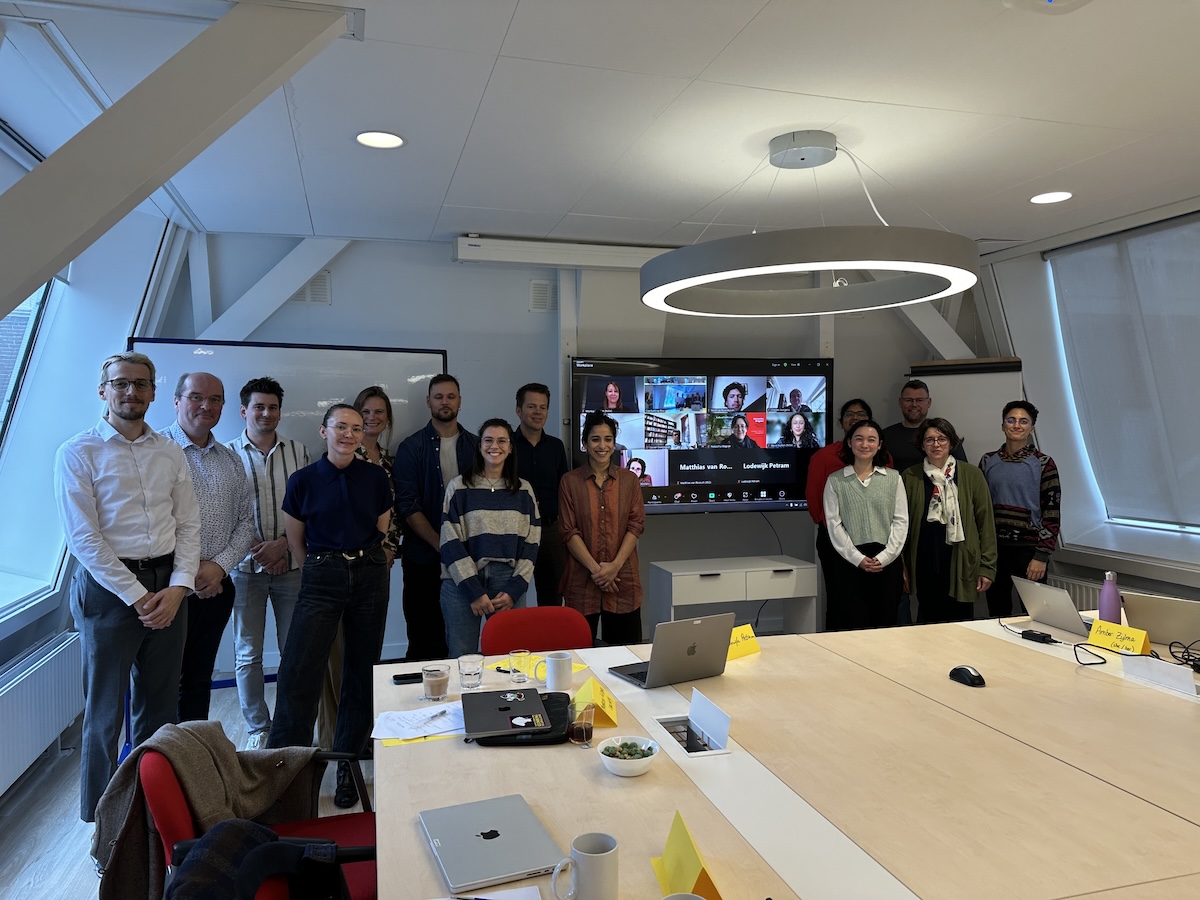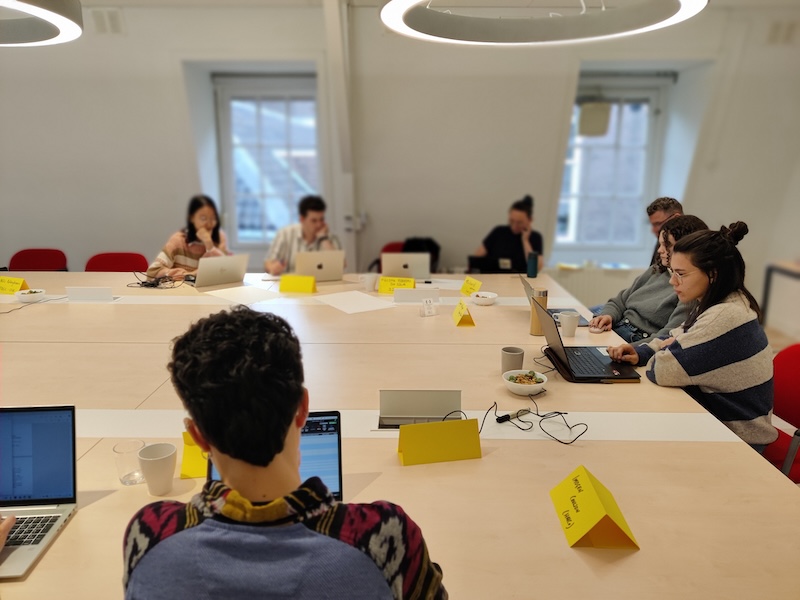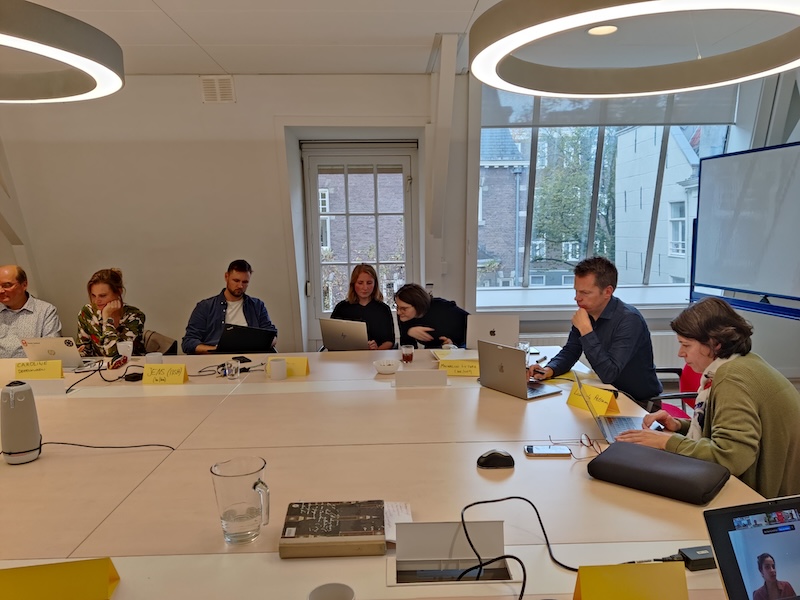Combatting Bias kicks off¶
On 8 October 2024, we kicked off the Combatting Bias project at the Huygens Institute in Amsterdam. The event brought together our wide network of partners and advisors, both in-person and online.
The day began with project introductions and research presentations, highlighting our shared ambition to create FAIR and ethical datasets for the humanities. The diversity of approaches and expertise within our network was immediately apparent, setting the stage for rich discussions. If you’re curious about who’s involved, you can find short descriptions of our partner projects and advisors on our website.

After the introductory presentations, participants engaged in breakout sessions where we delved into two datasets based on colonial sources:
- Nationaal Archief’s Chinese contract labourers in Suriname
- GLOBALISE’s Polities dataset
The discussions focussed on three main questions:
- What is bias?
- Can you identify biases within this dataset?
- How is this bias combatted in the dataset? Can it be combatted?
The breakout sessions were eye-opening and raised some crucial points on creating ethical and sustainable datasets:
1. Balancing Openness and Sensitivity¶
First, we all agreed that datasets should adhere to the FAIR principles. This makes the data easy to search and use for both humans and computers. However, we also realised that this isn’t always straightforward, especially when dealing with sensitive personal information from colonial sources. This thus left us with the question: should data be open and accessible, even when it may perpetuate harmful stereotypes and/or disclose personal information?
2. Effective Documentation¶
Another key topic was the importance of good documentation. We agreed that thorough records are crucial for transparency and usability. Ideally, documentation should cover various aspects, including but not limited to: the aim of the dataset, definitions of variables and historical terms, content and context of sources, decision-making processes that influenced dataset creation, and its potential biases.
However, we face the challenge of balancing thoroughness with accessibility. While we aim for transparency, overly extensive documentation can be overwhelming. Most users won’t read through pages of information. Our challenge lies in deciding what information is most important to highlight and how to present it effectively for various users.
3. Diverse Perspectives are Essential¶
Lastly, we talked about the need to include diverse perspectives in our work. Participants highlighted that bias often stems from a lack of diversity in these processes. Even well-documented datasets can be problematic if they rely solely on Dutch or Anglophone sources, potentially missing crucial perspectives from the people central to the historical narratives. Colonial archives present additional challenges, such as westernised spellings of names and places. This not only misrepresents the original information, but also makes the data harder to find without alternative spellings. It is therefore crucial to include not only a wider range of secondary literature from different regions, but also to consult people who are language and culture experts on the region the source is describing.
The group activity itself, with its many participants examining the data from various angles, was a case in point. It highlighted how diverse perspectives can reveal different kinds of biases.


The afternoon was a very encouraging start to the project. We are grateful to all the participants for their thought-provoking input and attendance. Special thanks go to Sebastiaan Derks, Head of the Data Management Department of the Huygens Institute, and Nils Arlinghaus, Community Coordinator at the TDCC-SSH. Their presentations helped explain how Combatting Bias fits into wider research agendas. We also appreciate our colleagues from the GLOBALISE team who helped out during the breakout session.
As we conclude this successful kickoff, we’re energised by the challenges ahead. Creating ethical, accessible, and usable datasets in the humanities and social sciences is no small task, but it’s one we’re eager to tackle!